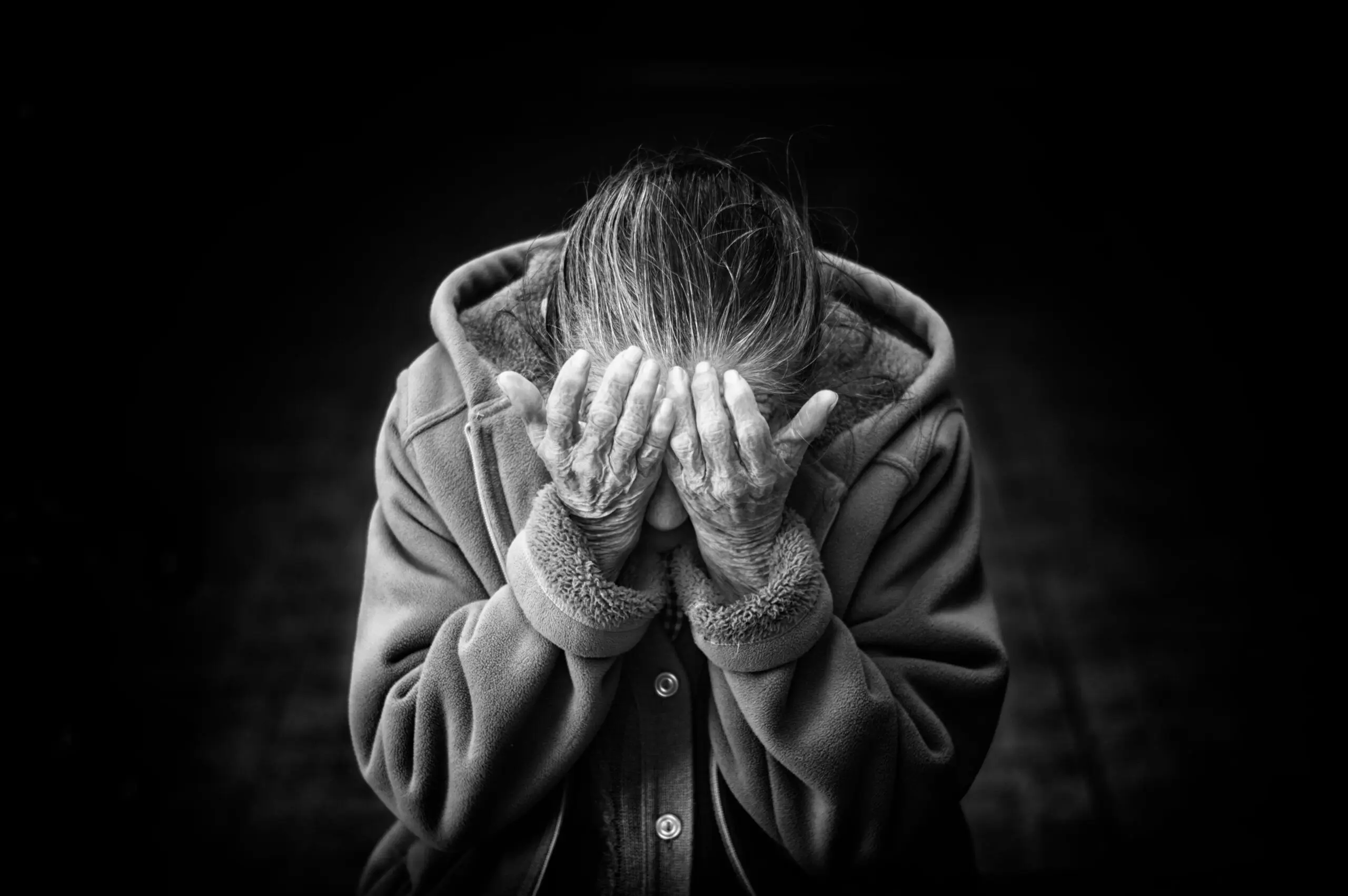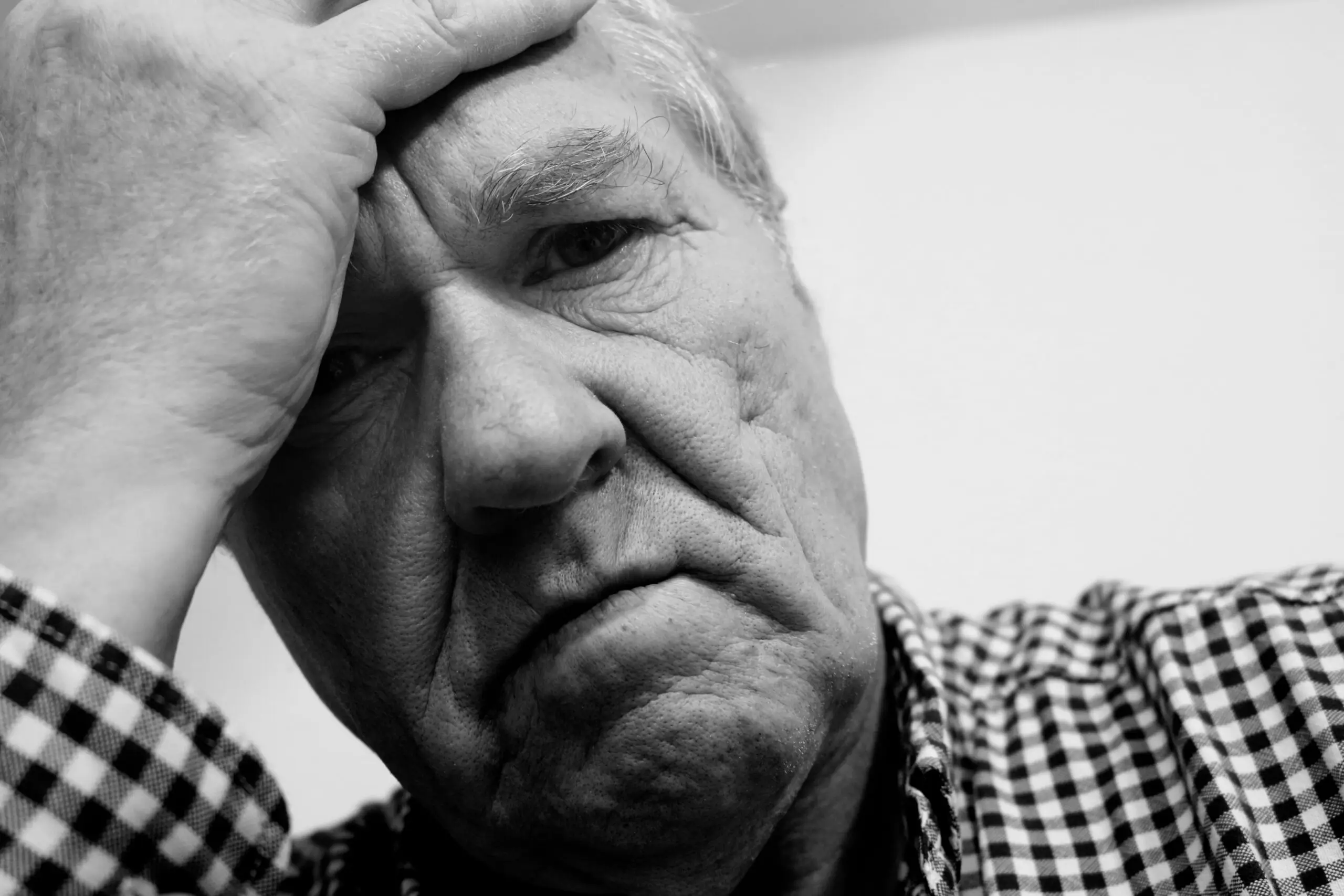Moving On After Caregiving: Finding Purpose and Healing
Moving On After Caregiving: Finding Purpose and Healing

Finding Healing After the Caregiving Journey Ends
One of the most challenging aspects of life after caregiving is learning to let go while preserving the meaningful connections and lessons learned. As Victoria Frigo notes in “You Can Help Someone Who’s Grieving,” “Letting go means allowing the one who has died to leave and continue on their journey. To achieve healing, the grieving person will need to ‘let go’ again and again in many different ways.”
“While I was a caregiver, all I could see was the two of us. Now that she has been gone for two years, I reflect on the universal human experience of suffering. It’s evident that everyone encounters challenges that shape their humanity and deepen their understanding of life. It was very healing to understand the connections that we have even in the worst of times.”
– Myrna, former caregiver to her daughter
Caregiver healing often involves processing complex emotions, including grief, guilt, and relief. This healing journey is unique for each person, but understanding that these feelings are normal can help in moving forward while honoring your caregiving experience.
Discovering New Purpose in Post-Caregiving Life
Many former caregivers find that their caregiving journey equips them with valuable insights and skills that can be channeled into meaningful new directions. This transition period offers an opportunity to reflect on personal growth and consider how to use your experience to create positive change, both for yourself and others.
The end of caregiving opens doors to:
- Rediscovering personal interests and goals
- Processing and sharing your caregiving story
- Converting challenges into opportunities for advocacy
- Building new connections within the caregiving community
Transforming Experience into Action: Advocacy and Volunteering
Former caregivers often find healing and purpose by channeling their experience into advocacy and support for others. Here are some inspiring examples:
These transitions from caregiver to advocate demonstrate how personal experience can fuel meaningful change and support for future caregivers.
Becoming a Mentor: Supporting Future Caregivers
Former caregivers possess invaluable wisdom that can light the way for others beginning their caregiving journey. Through mentorship, you can transform your hard-won experience into a beacon of hope and guidance for those facing similar challenges. Having been tested by adversity and emerged stronger, former caregivers are uniquely positioned to understand the emotional labyrinth that others must navigate.
As a mentor, you help cultivate a community that values compassion and advocates for long-term care awareness. Your experience allows you to:
- Share practical insights and coping strategies learned through personal experience
- Provide emotional support and understanding during difficult transitions
- Help others navigate complex healthcare and resource systems
- Create meaningful connections within the caregiving community
- Guide families who are just beginning their caregiving journey
- Reinforce the best of what humankind can offer – compassion, connection, and community
Former caregivers who have cared for ill or disabled loved ones bring unique qualifications to the mentoring role. They have embraced suffering and met extraordinary challenges with resilience and compassion, making them the best possible guides for others navigating similar life passages. Their firsthand experience allows them to offer valuable insights and emotional support that only someone who has “been there” can provide.
“You continue to help families who don’t know as much as you do. Most of all, you continue to reinforce the best of what humankind can offer – compassion, connection, and community.”
This mentorship role often becomes a healing journey of its own, allowing former caregivers to:
- Look back on their experiences from a new perspective
- See their caregiving journey as part of a larger human experience
- Channel their knowledge into positive support for others
- Contribute to creating a more compassionate society locally and globally
- Foster a network of individuals dedicated to supporting and educating others in caregiving roles
Your experience as a caregiver uniquely positions you to understand and support others facing similar challenges. This role allows you to transform your caregiving experience into a valuable resource for others while continuing your own healing journey. By becoming a mentor, you help create a stronger, more connected caregiving community that honors both the challenges and the profound dignity of the caregiving journey.
Continuing Your Caregiving Legacy
The impact of your caregiving journey extends far beyond its end. By sharing your story and supporting others, you create a lasting legacy that honors both your loved one and your caregiving experience. This legacy can take many forms, from informal support to organized advocacy efforts that improve the caregiving landscape for future generations.
Join Our Caregiving Community
Your experience and insight are valuable resources for the caregiving community. Consider these ways to stay connected and make a difference:
- Join our online support groups for former caregivers
- Volunteer with local caregiving organizations
- Share your story to inspire and guide others
- Advocate for caregiver support and resources
Additional ‘Life After Loss’ Articles







